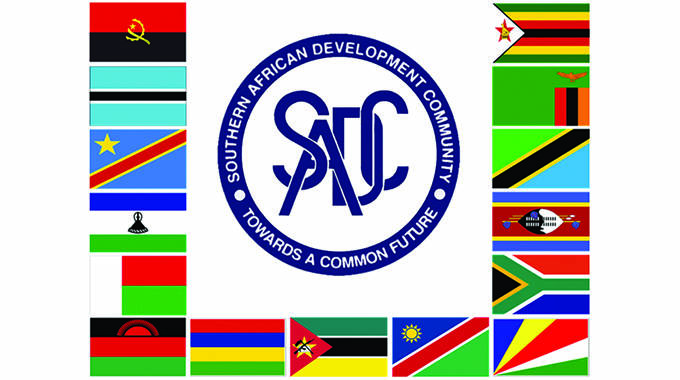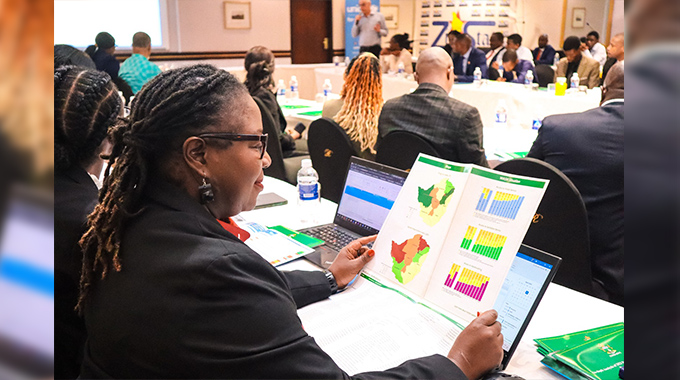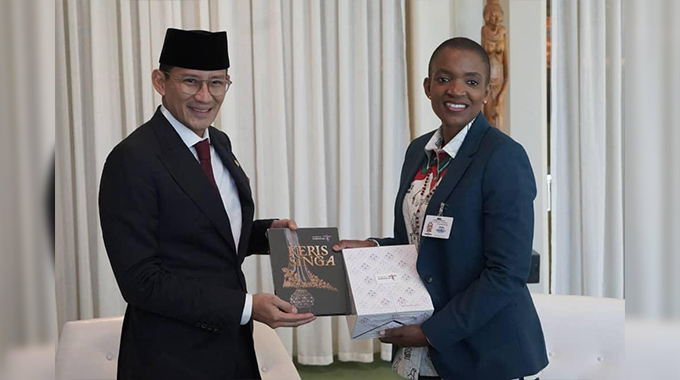CITES secretariat won’t take action without vote-rigging evidence

From Emmanuel Koro in Panama City
When the vote-rigging complaints intensified at the CITES (Convention on International Trade in Endangered Species of Wild Fauna and Flora) COP18 (18th Conference of the Parties) in Geneva, Switzerland in 2019, Secretary-General Ivonne Higuerro said she was not aware of such a scandal but would take action if vote-rigging evidence is provided to her office.
Three years later at COP19, in Panama speaking on behalf of Secretary-General Higuerro, CITES Communications Advisor, Mr David Witbourn said the CITES Secretariat is not aware of any vote-rigging taking place in its decision-making framework.
“We have not seen any misbehaviour or heard of false information being spread,” said Mr Whitbourn despite the fact that even at COP19, Israel led a propaganda campaign working together with animal rights organisations and West African countries calling for the listing of the hippo on Appendix 1.
“Any evidence of any matter which may contravene the Convention, should be submitted to the Secretariat and it will be investigated. We believe the CITES Secretariat is held in high esteem by the Parties to the Convention and we, daily, work to be worthy of that esteem in the support and advice we offer.”
Southern African countries openly protested vote-rigging at CITES COP18 in Geneva, Switzerland and even here in Panama. They ironically sent their complaints to the media instead of submitting them to the CITES Secretariat.
Consequently, the CITES Secretariat has advised Sadc countries via the media interview with THE SOURCE that the correct approach is to send to its office formal and evidenced-backed complaints, so that the Secretariat can investigate and take appropriate action against the countries and even the animal rights groups accused of vote-rigging.

SADC
The vote-rigging that the wildlife-rich Sadc countries have complained about occurs long before a vote is taken at COPs. It is done by paying government delegates’ airfares, hotel accommodation, honoraria or having the children’s university fees paid, secret lump sum cash payments and being invited to workshops where they are coached on how to vote prior to CITES meetings.
“No evidence of the ‘vote rigging’ you describe has been brought to our attention,” said Mr Whitbourn.
“If it were to be, it would be fully investigated and any necessary action taken. But to reaffirm, we have no evidence that any ‘vote rigging’ is, or has, taken place.”
If this is a case of semantics, the sophisticated vote-rigging scheme is managed by the BINGOs (Big International Non-Government Organisations) “bribe-based voting”.
It still remains unclear whether the CITES Secretariat is worried about the elephant over-populated Sadc countries that get needlessly punished with a no-vote each time the international trade in ivory is proposed. Yet these countries deserve to, based on their elephant-overpopulation status?
“The issue of a possible sale of ivory stocks has been brought to this CoP19. At the time of writing, it has passed through the Committee stage and a recommendation has been made, that will go to the Plenary, for the ban on trade in ivory to be maintained,” said Mr Whitbourn.
“One of the strengths of CITES is the ability of the Parties to discuss and debate issues and reach and respect the decisions that are made by the Conference of the Parties.”
Asked what punitive measures CITES would take if a party or observer NGO was found guilty of vote-rigging, Mr Whitbourn said, “. . . any evidence would be fully investigated and any necessary action taken.”
He said that the parties to CITES don’t sign declaration forms as part of their registration for each CITES COP or SC meeting, swearing that they weren’t sponsored by a private organisation or another party et cetera.
“Ah, but should they?” asks the Los Angeles-based Ivory Education Institute Managing Director, Mr Godfrey Harris mockingly. “Wouldn’t that show how unfair CITES is to the countries of the world who are keeping the vast herds of elephants safe?
Wouldn’t that show how smug the BINGOs and their client countries have grown in managing the politics of wildlife?”
In their ongoing attempts to lead the international ivory trade ban without consulting the African elephant range states, animal rights groups have evoked the same racism driven strategies that were used centuries ago to enslave, impoverish and disempower the African people.
The animal rights groups are famous for consulting their own people while ignoring black Africans.
They insensitively decide the future of Africa’s elephants without reference to the people who, by not benefiting from their elephants and ivory, live among the reminders of the racism of the 19th and 20th centuries.
Why are we putting up with these racist and unwarranted international ivory trade sanctions that are being undeservedly imposed on us? Are we African people too blind or too cowardly to protest?
Worse, the poor rural communities next to national parks in these countries only get the costs of, without the benefits from, elephants.
Without benefits from elephants these communities see no incentive to conserve them and would rather collaborate with poachers to get a bit of income to fight the poverty that grips them daily as is already happening in some parts.
Notably, the beneficiaries of these trade bans are largely animal rights organisations. They are raising billions of dollars from the elephant crisis that they created by unjustifiably shutting down ivory markets and then seeking even more donations to “save” the African elephant.
Very little or none of that money ever reaches its intended conservation destination in the African states. The new found and lucrative animal rights industry money benefits the West and not Africa because it is scandalously kept in these Western countries.
Even communities settled around one of the world’s biggest national parks with one of the world’s biggest elephant populations, the people of Hwange have seen no money.
Villagers there say that they have never received any money and, moreover, would not want to receive elephant conservation money from animal rights groups because of the scandalous way it is raised.
*Emmanuel Koro is a Johannesburg-based independent environmental journalist who writes on environmental and developmental issues in Africa










Comments